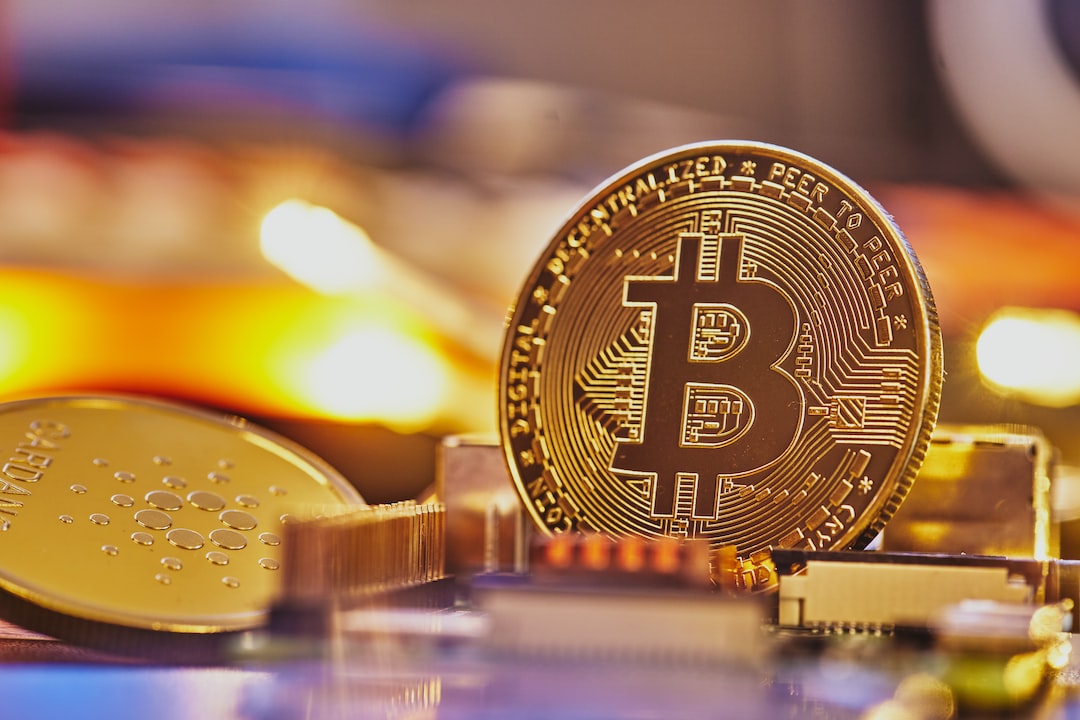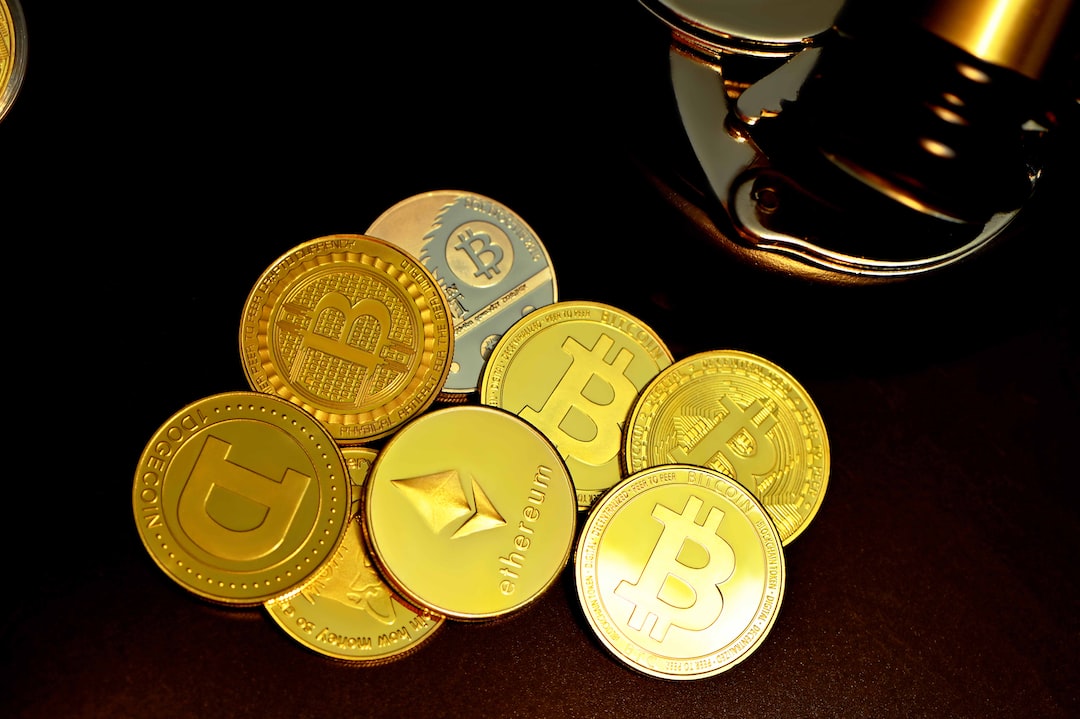Ethereum’s Energy Consumption Compared to American Express
A recent report from the University of Cambridge reveals that Ethereum, the world’s second-largest crypto protocol, consumes 28 times less energy than American Express. The report compares the annual energy consumption of Ethereum to several legacy-based financial and corporate businesses.
According to the Cambridge Blockchain Network Sustainability Index report, Ethereum consumes 7 Gigawatts per hour (GWh) annually, while American Express operates on 202.73 GWh. In comparison, Deutsche Bank uses up 437 GWh.
Ethereum’s Energy Efficiency in Comparison
When it comes to assets under management (AUM), Deutsche Bank controls over $820 billion, while Ethereum commands over $350 million in both on-chain and DeFi ecosystem assets. This means that Deutsche Bank uses 25 times more energy per dollar managed compared to Ethereum.
The report also highlights that Ethereum is more energy-efficient than Netflix, consuming 123 GWh annually, and the Burj Khalifa, which uses 243.4 GWh to power its skyscraper. Additionally, the energy needs of Ethereum’s decentralized finance ecosystem are equivalent to the yearly consumption of 676 air conditioners and can power 1,969 average households.
Ethereum’s Transition to Proof-of-Stake
Ethereum’s high efficiency is a result of its transition from proof-of-work (PoW) to proof-of-stake (PoS) consensus algorithm. Validators now lock up a minimum of 32 Ether coins to verify transactions on the network, eliminating the need for a distributed network of miners. This change has made the network more energy-efficient and faster.
SupraOracles Launches dVRF on Ethereum
The Ethereum network continues to attract decentralized applications (dApps) with its potential to become a strong contender in the crypto market. The recent launch of the decentralized Verifiable Random Function (dVRF) service on the Ethereum mainnet by SupraOracles further strengthens this potential. The dVRF allows blockchain protocols to securely access real-world information authenticated by a pool of data providers.
The SupraOracles network joins other decentralized oracle networks (DONs) that help blockchain services stay connected to external information.
Hot Take: Ethereum’s Energy Efficiency
Ethereum’s energy consumption is significantly lower compared to traditional financial and corporate businesses like American Express and Deutsche Bank. This is due to its transition to a proof-of-stake consensus algorithm and its overall energy-efficient design. With its growing market share and the launch of innovative services like dVRF, Ethereum is poised to continue its upward trajectory in the crypto market.





 By
By
 By
By

 By
By
 By
By